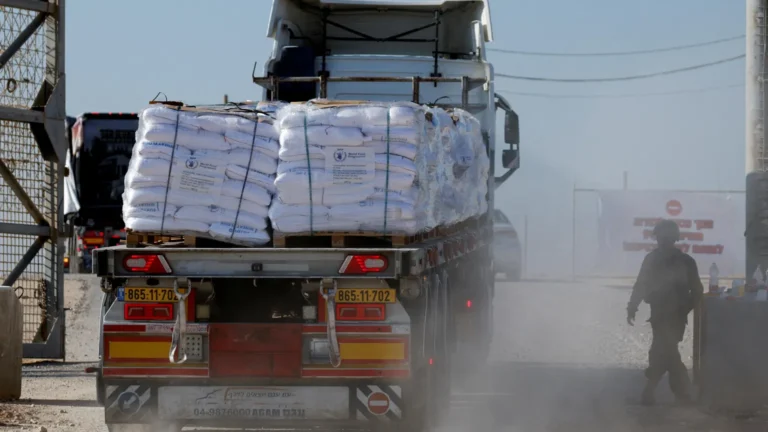
The UK government is considering a potential ban on social media for children under the age of 16, following concerns about the safety and mental well-being of young people online. Peter Kyle, the technology secretary, mentioned the possibility of such a ban in an interview with BBC Radio 4, emphasizing his commitment to taking all necessary actions to protect children in the digital age. While the idea of a social media ban has not yet been formally proposed, it is under serious consideration, and Kyle indicated that he would “do what it takes” to ensure the safety of young people online.
The discussion around restricting social media for minors comes as part of broader efforts to safeguard children in the digital world, particularly as the influence of smartphones and social media on mental health continues to grow. Kyle also announced that further research would be conducted into the impact of social media and other tech on young people, as there is currently no firm, peer-reviewed evidence on the subject. This lack of concrete evidence has led the government to tread carefully while exploring the issue.
One of the key elements of the UK government’s approach to regulating online safety is the Online Safety Act (OSA), which is set to come into effect in 2024. This new legislation will grant regulators, particularly Ofcom, additional powers to hold tech companies accountable for harmful content on their platforms. Kyle has written a “letter of strategic intent” to Ofcom, urging them to use their new powers “assertively” to ensure that tech firms take responsibility for protecting young users from harmful content. The OSA aims to tackle content that is legal but harmful, and tech companies could face significant fines, potentially reaching billions of pounds, if they fail to comply with the regulations.

The Molly Rose Foundation, a campaign group focused on online safety, welcomed the government’s consideration of a social media ban but stressed that the OSA needs to be strengthened to fully address the risks posed by technology. They called for a stronger duty of care to be placed on tech firms, which they believe would help protect children and prevent harm online. However, some experts argue that banning social media outright may not be an effective solution, as young people could simply find alternative ways to access harmful material. Iona Silverman, a lawyer, argued that the government needs to think more comprehensively about the problem, suggesting that a cultural shift is necessary alongside legislative measures.
The UK is looking to Australia, which has proposed its own legislation to ban children under 16 from social media platforms, for inspiration. Kyle indicated that everything is “on the table,” but he emphasized the need for further evidence before implementing any major restrictions in the UK. The government is also keen to ensure that any solutions implemented are future-proof and can stay ahead of technological developments.
In addition to regulating social media, there is growing concern over the widespread use of smartphones among young people. Some have suggested that smartphones themselves should be more tightly controlled. There is a private members’ bill in Parliament that will examine how to make children’s digital lives safer, with evidence being heard from Healthcare Professionals for Safer Screens, a group of medical professionals advocating for stricter controls on smartphone usage.
While the government has stopped short of banning smartphones in schools, it has issued guidance for schools to enforce smartphone-free policies. Kyle believes that the debate over phone use in schools has largely been settled, but the broader issue of digital safety remains a challenge. The government’s approach aims to balance regulation with personal freedom while ensuring the safety of young people in an increasingly digital world.
As the UK government continues to explore options for online safety, it remains clear that there is a growing consensus among parents, educators, and health professionals that more needs to be done to protect young people from the dangers of the online world. Whether through social media restrictions, more stringent tech company regulations, or increased public education, the challenge of keeping children safe in the digital age is one that the UK is determined to tackle head-on.




